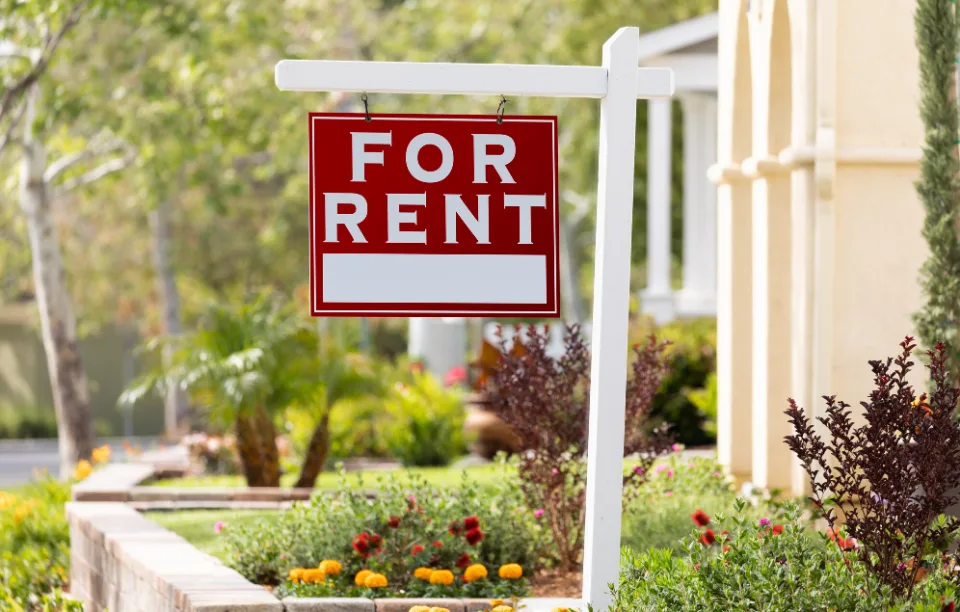
The property technology (PropTech) industry has revolutionized the real estate sector, driving innovation and efficiency like never before. From property search platforms to smart home technologies, PropTech is reshaping how the industry operates. Among its many applications, AI-driven solutions for rental property management stand out as game-changers. For landlords, managing properties effectively has always been a critical yet challenging endeavor. From screening tenants to handling maintenance requests, the workload can often seem overwhelming, especially for those juggling multiple properties.
In this dynamic landscape, the integration of artificial intelligence (AI) has emerged as a transformative force. AI technologies are not only simplifying property management processes but are also enabling landlords to make data-driven decisions. By automating routine tasks and offering predictive insights, AI is empowering landlords to improve operational efficiency while enhancing tenant experiences. With the rising competition in the rental market, leveraging these advanced tools is no longer optional but essential for long-term success.
As the PropTech industry continues to evolve, landlords are finding new opportunities to embrace AI solutions for rental property management. This article delves into the concept of PropTech, examines the challenges landlords face, and explores how AI is addressing these issues. From improving tenant acquisition to automating lease management, we will uncover the many benefits AI offers and how it is shaping the future of property management.
What is PropTech?
PropTech, short for property technology, refers to the use of innovative technologies to enhance and streamline the real estate industry. This rapidly growing sector encompasses a wide range of tools and platforms designed to optimize property transactions, management, and usage. PropTech includes everything from virtual property tours to blockchain-based transaction systems and, more recently, AI-powered solutions for landlords.
The evolution of technology in real estate has been monumental. Initially, digital listing platforms such as Zillow and Realtor.com marked the first wave of PropTech, simplifying property searches for buyers and renters. Today, the focus has shifted toward operational efficiency and tenant satisfaction, areas where AI and other advanced technologies excel. For landlords, PropTech offers solutions that address every aspect of rental property management, from marketing vacancies to handling tenant communications.
Examples of PropTech in rental management include automated lease generation tools, smart locks for enhanced security, and AI-driven platforms for tenant screening. These innovations demonstrate how technology is not only improving efficiency but also setting new standards for service delivery in the rental market.
The Challenges of Rental Property Management
Landlords face numerous challenges in managing rental properties. The complexity of these tasks often leads to inefficiencies and tenant dissatisfaction, two factors that can significantly impact profitability. Common issues include:
- Tenant Acquisition and Retention: Finding the right tenants and ensuring their satisfaction to minimize turnover can be a time-consuming and costly process.
- Maintenance and Repairs: Keeping properties in top condition requires prompt attention to repair requests and proactive maintenance planning.
- Payment Tracking and Financial Management: Tracking rent payments, managing late fees, and handling financial reporting are essential but tedious tasks.
- Compliance with Legal and Regulatory Requirements: Landlords must stay updated with local and federal regulations to avoid legal complications.
Traditional methods, such as manual record-keeping and reliance on spreadsheets, often fall short in addressing these challenges. They lack scalability, are prone to errors, and consume significant time and resources, creating an urgent need for more sophisticated solutions.
How AI is Transforming Rental Property Management
AI is revolutionizing the way landlords manage rental properties by automating routine tasks and providing actionable insights. Key AI-driven solutions include:
- Tenant Screening: AI-powered platforms analyze rental applications, conduct background checks, and assess creditworthiness. This ensures landlords choose reliable tenants while reducing the time spent on manual screening.
- Predictive Analytics: By analyzing historical data and market trends, AI tools help landlords determine optimal rent prices, forecast occupancy rates, and predict tenant behavior.
- Smart Maintenance: Integrating AI with IoT devices allows landlords to monitor property conditions in real time. For example, sensors can detect water leaks or HVAC malfunctions, prompting immediate action to prevent costly repairs.
- Virtual Assistants: Chatbots and virtual assistants streamline tenant communications, answering queries, and scheduling maintenance appointments automatically.
- Lease Management: AI simplifies lease drafting, renewal processes, and compliance monitoring, ensuring landlords meet legal requirements effortlessly.
- Financial Insights: AI tools automate rent collection, generate detailed financial reports, and assist in tax preparation, giving landlords a clear view of their cash flow.
These applications are not only improving efficiency but also enabling landlords to provide a superior tenant experience.
Benefits of AI Solutions for Landlords
Adopting AI in rental property management offers several compelling benefits:
- Enhanced Efficiency: Automating routine tasks reduces the time landlords spend on administrative work, allowing them to focus on strategic priorities.
- Improved Tenant Satisfaction: Faster response times and predictive maintenance enhance tenant experiences, boosting retention rates.
- Data-Driven Decisions: AI provides actionable insights, enabling landlords to make informed decisions about rent pricing, property investments, and tenant relations.
- Cost Savings: Preventive maintenance and streamlined processes result in significant cost reductions, enhancing overall profitability.
By leveraging these benefits, landlords can gain a competitive edge in the rental market and build long-term success.
Challenges and Limitations
Despite its advantages, implementing AI in rental property management comes with challenges:
- Cost of Implementation: Advanced AI tools can be expensive, posing a barrier for small-scale landlords.
- Data Privacy and Ethics: Handling sensitive tenant information requires robust data protection measures to ensure compliance with privacy regulations.
- Technical Issues: Dependence on technology means landlords must be prepared for potential system outages or technical glitches.
- Balancing Automation with Human Interaction: Over-reliance on automation can impact the personal touch that some tenants value in landlord-tenant relationships.
Understanding and addressing these limitations is crucial for landlords seeking to integrate AI into their operations effectively.
Real-World Examples
Several landlords have successfully implemented AI solutions to enhance rental property management. For instance, platforms like Rentberry and TenantCloud use AI to streamline tenant screening and rent collection. Additionally, landlords leveraging smart home technologies, such as Nest thermostats and Ring security cameras, are improving tenant satisfaction while optimizing energy efficiency.
AI-powered lease management tools like Avail and predictive analytics platforms such as Zillow Rental Manager are also gaining traction, providing landlords with comprehensive solutions tailored to their needs.
Conclusion
AI is undoubtedly transforming the rental property management landscape, offering landlords innovative tools to overcome traditional challenges. From automating tenant screening to providing predictive maintenance solutions, AI is making property management more efficient and tenant-friendly. As PropTech continues to evolve, the integration of AI will become increasingly essential for landlords looking to stay competitive.
The future of PropTech promises even more exciting developments, including enhanced personalization and smarter predictive capabilities. By embracing these technologies, landlords can position themselves for long-term success while delivering exceptional value to their tenants. Whether managing a single property or an extensive portfolio, AI solutions are the key to navigating the complexities of modern rental property management.






